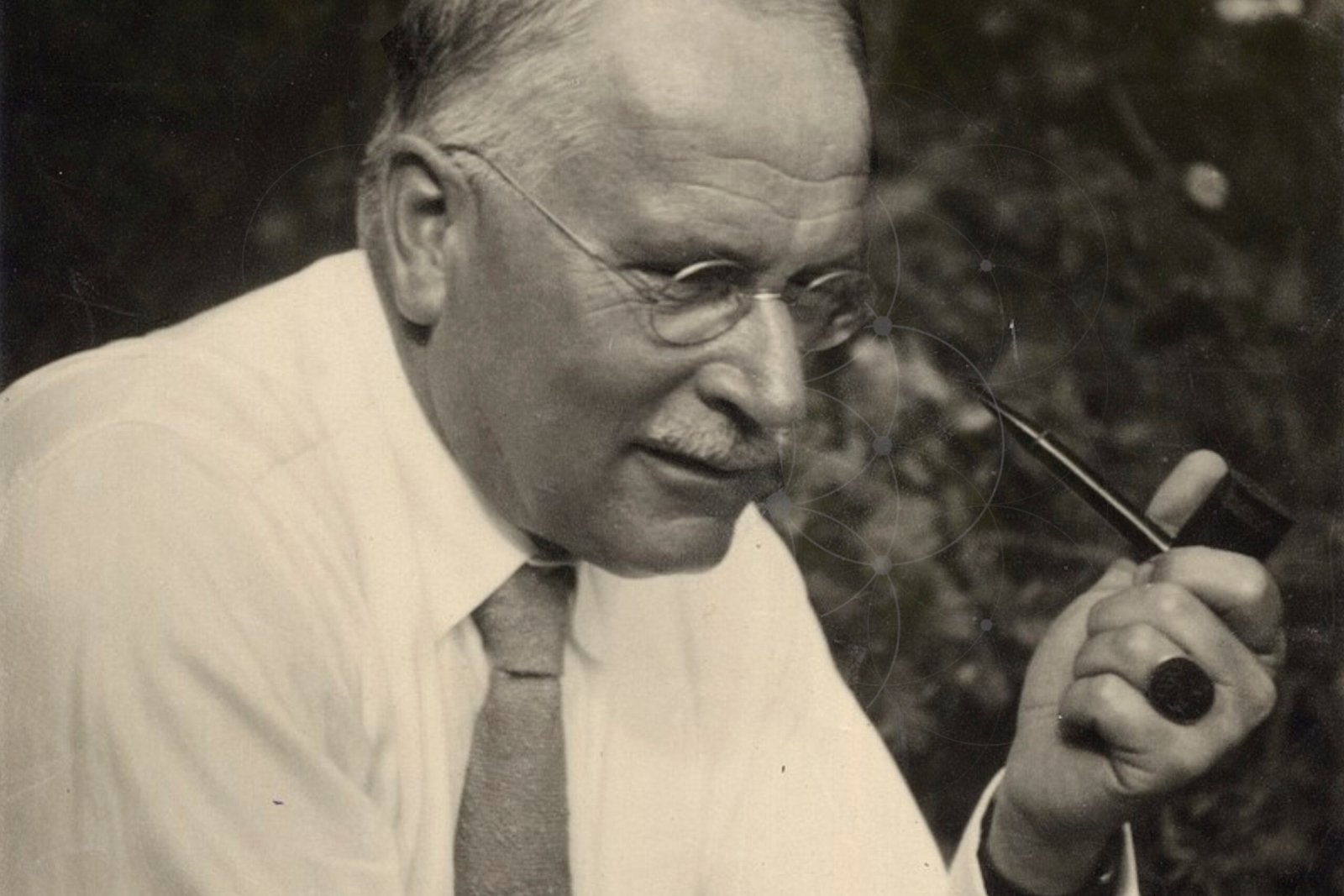
Oct
Carl Jung & Synchronicity
Carl Jung believed in synchronicity.
Psychologist Carl Jung viewed luck as synchronicity, and described luck as a meaningful coincidence. So he, like me, believed that luck is not entirely random.
This is very different from Noah Webster’s classic dictionary definition of luck, which is “a purposeless unpredictable and uncontrollable force that shapes events favourably or unfavourably for an individual, group, or cause.”
Jung was so fascinated by synchronicity that he wrote a paper about it in the 1920s but only published it in 1951, possibly because he knew how controversial it would be. He felt that his paper justified the existence of the paranormal.
Jung held long conversations with Albert Einstein about the possible connection between paranormal synchronicity and the theory of relativity, as well as quantum mechanics.
Jung believed that his thoughts about synchronicity proved the existence of the collective unconscious. In other words, unrelated events that at first sight appear to be coincidental are in fact related because they draw upon the totality of human experience through the ages. This totality includes the whole range of social, emotional, psychological and spiritual ingredients.
This chimes to some degree with the work of Sydney Banks and his three principles of mind, consciousness, and thought. Banks believed that these three principles explained the entire range of human behaviour. Jung also did not believe that life was random, and wrote about a similar deeper order leading to spiritual awakening.
More important to you is the question of how or if you can use these esoteric abstract theories in your life. So ask yourself this question now.
In a nutshell, if you could draw upon the experience of every great person throughout history what difference would it make to you and your life?
I know that this is a fanciful statement, but I encourage you to at least keep this possibility open. This will be more than enough to stimulate and set free the powerhouse of your unconscious mind. So many champions have put their greatest successes down to letting go, or getting out of their own way, that we would be foolish to discount their views lightly.
Not surprisingly Jung’s views have many dissenters who propose alternative conclusions. Their explanations of synchronicity include the failure of our pattern-recognition skills, whilst others believe that synchronicity is no more than highly developed intellectual intuition.
For what it is worth, this is the explanation that I am most comfortable with, not least because there is so much that we can do to improve our intuition. All of the secrets of success that I have described in my books and blogs can develop your intuition skills.
I also believe in a collective unconscious, but not necessarily in the same way as Jung. I have access to genetic information that was unavailable to him. I know that human embryos pass through all the stages of evolution as they develop. Amazingly they display characteristics of fish, reptiles, and birds at different times.
The remnants of fish gills still persist in some people. Occasionally they cause illness, but usually are just coincidental discoveries. The brain also develops similarly, and the deepest layers, sometimes known as the reptile brain, are least understood.
So if our collective unconscious hides in our brain my gamble would be that it is inside the amygdala. This is a small but critically important part of our unconscious brain that is the home of our emotions and decision-making. Perhaps many of our intuitions are DNA echoes inherited through generations, and stored in the amygdala.
If so it is unfortunate that most people’s conscious minds are so busy that there is no way for their unconscious mind to speak and be heard. This is the reason why I spend so much time with my clients teaching them meditation skills and techniques such as hypnosis, havening®, and HeartMath® to magnify and ignite their intuition, as mentioned previously.
Email me for more more details of my speaking engagements, online programmes, and other coaching resources.





Sorry, the comment form is closed at this time.